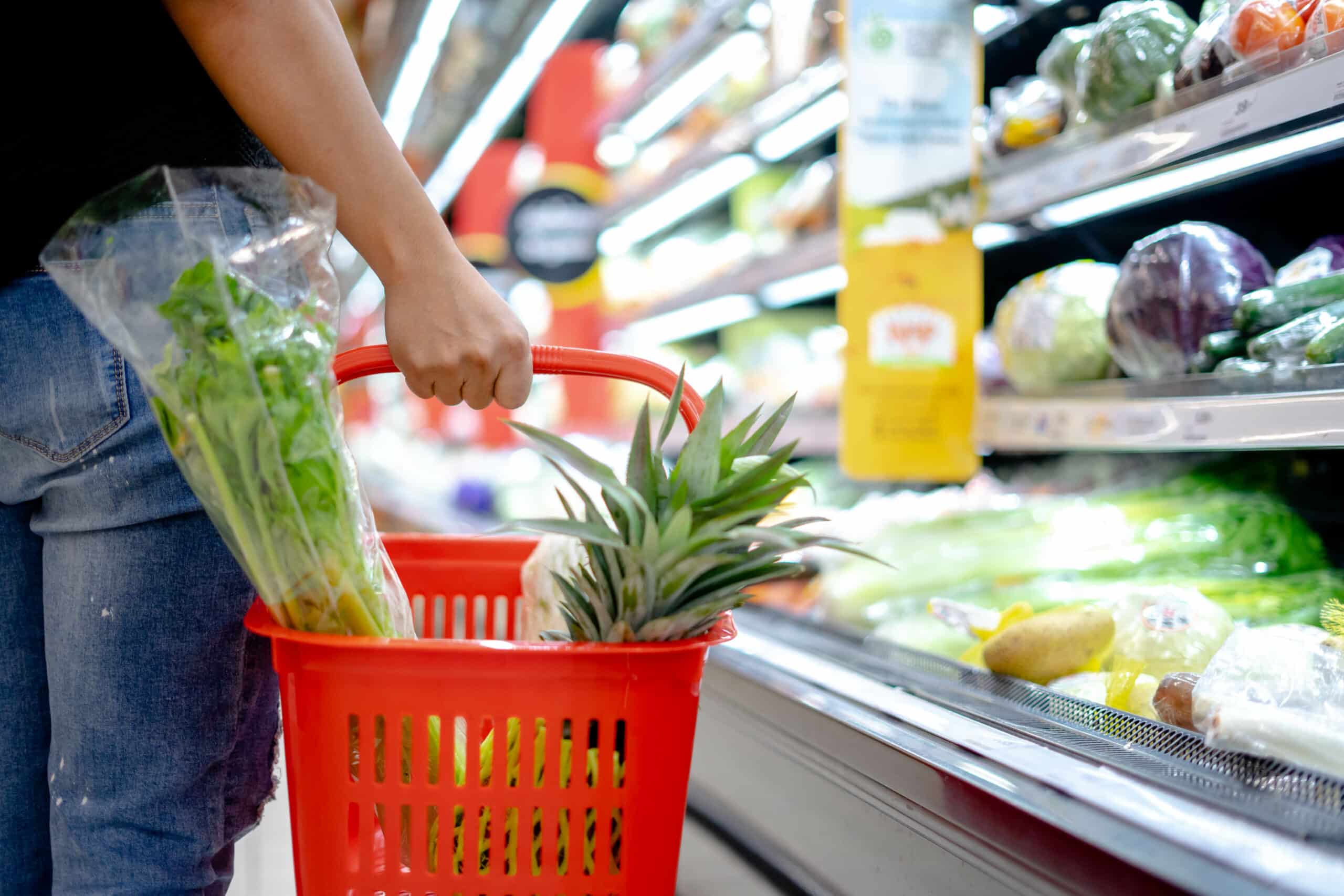The Pre-Summit of the UN Food Systems Summit took place at the end of July in advance of the main event in Rome in September and an essential part of the agenda centred on strengthening the food system, specifically with regard to the health of children.
Food Safety within sustainable food systems and a sufficient supply of safe and healthy food is fundamental to the fulfilment of the UN’s Sustainability Goals, specifically, SDG 1 (No poverty), 2 (Zero hunger), 3 (Good health and well-being), 8 (Decent work and economic growth), 12 (Responsible consumption and production patterns), and 17 (Partnerships for the goals).
In a pre-event communique, UNICEF Executive Director Henrietta Fore and WHO Director-General Dr. Tedros Adhanom Ghebreyesus dedicated the Pre-Summit as “an opportunity to set the agenda” in strengthening food systems, promoting healthy diets, and improving nutrition, especially for children and young people.
The faults of the current system
The present food system presides over a scenario where poor diet, malnutrition, undernutrition, obesity and child mortality affects children worldwide, 1 in 3 affected by malnutrition and 2 in 3 unable to access diverse diets.
Food health leaders are concerned that the way the food system has evolved – how we grow, distribute, market, consume, and dispose of our food – has marginalised millions of families, putting nutritious and safe foods out of their grasp.
The expense involved in accessing the best foods for children and the way unhealthy food is marketed, has meant families turning to heavily marketed, unhealthy sugar, fat and salt-based diets.The UNICEF and WHO leaders urged, “a transformation of the food system that listens to the voices of children and young people, and unlocks nutritious, safe, affordable and sustainable diets for every child, everywhere, must be at the heart of strategies, policies and investments,” in response to a ‘toxic combination’ of rising poverty, inequality, conflict, climate change, and COVID-19 threatening food systems and children’s nutritional well-being, especially those from the poorest, most vulnerable communities and households.
What about solutions?
What sort of solutions are on the table when stakeholders gather in Rome?
Governments are being seen as pivotal to the response. They will be urged to either incentivise healthy diets through price policies, including subsidies to reduce the price of nutritious foods such as eggs, dairy, fruits, vegetables and whole grains, or use taxes to increase the price of unhealthy options.
A further approach recommends improving the nutritional quality of food through mandatory fortification of staple foods with essential micronutrients, reduction of sodium and sugar, and the removal of industrially-produced trans fats in processed foods altogether.
The German government approaches
Individual governments are stepping up action on domestic advertising that promotes unhealthy foods. The German advertising industry, for example, has tightened up its rules of conduct aimed at children, raising the age limit for protection of children from harmful food advertising to 14 from its previous coverage to under 12.
The advertising of high fat, sugar and salt foods to children is now restricted by stopping positive, nutritional properties, which may no longer be emphasised.
Significantly, the rules also cover the cooperation of influencers, social networks, and advertising on video platforms such as YouTube and TikTok, not just traditional, mainstream media.
Legal restriction trumps voluntary commitments
In addition, all Germany’s federal states are expected to monitor and review the effectiveness of the policy over time. Berlin has been strongly influenced in its attitude by a recent scientific advisory board report which showed that in countries with legal restrictions on child marketing, consumption of junk food fell by 8.9% between 2002 and 2016, while in countries with voluntary business commitments, consumption rose by 1.7% over the same period.
It is this type of approach to food safety that will be shared between food safety leaders at the September event. Participants will hope that rebuilding the food systems of the world, including the vital focus on child health, will feed into António Guterres, the UN Secretary-General’s call to “build back better” from COVID-19.
Navigating UN food safety goals
The agrifood industry plays a pivotal role in addressing the long-term health implications of unhealthy food consumption, necessitating a comprehensive approach that not only mitigates the risk of contamination and spreads of pathogens but also tackles the nutritional deficiencies and adverse health outcomes associated with poor dietary choices.
At Farrelly Mitchell, we diligently support this perspective on food safety, and we believe it is essential for promoting a healthier, more sustainable future. We support public stakeholders in the industry as they look to design more robust food safety measures, and we also support private businesses in strengthening their safety management systems. To implement strategies that ensure the availability of safe, nutritious, and high-quality food for all, contact us today.














